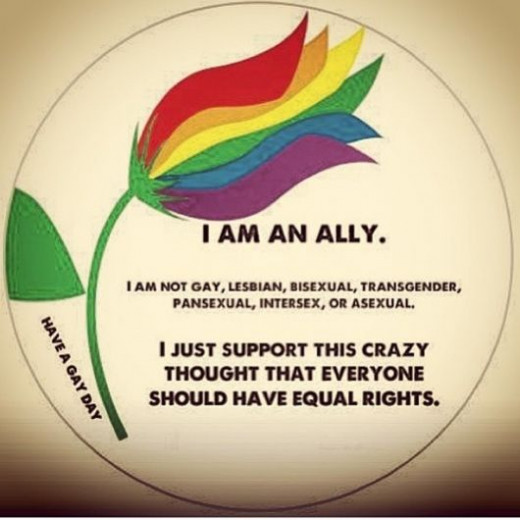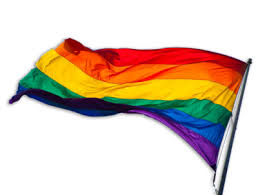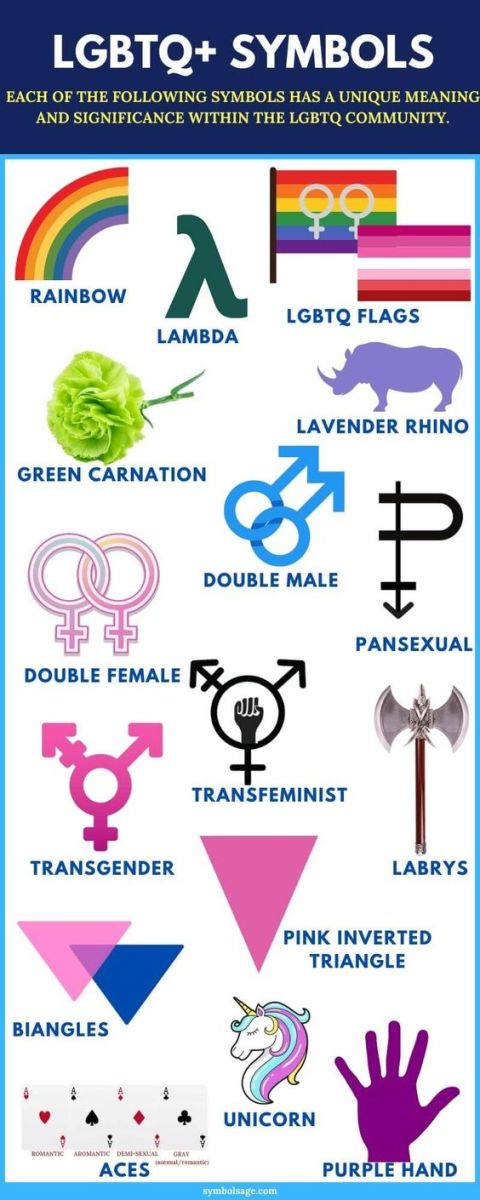On Identity- an Acronym of Unity and Progression
LGBTQIA+ has been an acronym across society for some time now (appearing in the early to mid 2010s), and shows the progression of the community in its inclusion of even more recognised ‘other’ diversities (i.e. that which is not solely heterosexual). The acronym within its current identity has certainly not always been that way, and crucial developments globally have included its furthering. Whilst a lot of individuals may see it as confusing, ‘silly’ or even offensive (not isolated to the heterosexual/cisgender community at all), it has marched onwards to seek to unify all those within its banner. For unity of those cast aside, mistreated or abused by the status quo, in its inception, was its paragon.
The history of an acronym and names is long and, in many cases, worrisome. Of course, as with all things, there is a chequered past enmeshed with the development of terms from angles such as politics, mental health, science and culture, among other things, but they won’t be delved into here. Not just yet. Ultimately, culturally, the term gay rapidly replaced ‘homosexual’ in lay speak (in the early 20th Century, popularising in the 60s)- largely due to the very, very unfortunate, and derogatory to the highest order, use of ‘homosexual’ by the then scientific community (the American Psychiatric Association and the British Psychological Society) claiming homosexuality as a mental disorder- a damaging social deviance-(due to lack of understanding/research admittedly) as well as use by various religious and political groups to claim it as being anything different, or satanic by the former, to society at large. Gay took hold as a term, that ameliorated the community (it already meant ‘joyful’) and was used as a code word of sorts to signal same sex attraction, as well perhaps more importantly signal more than just mechanical sexual interaction. You could meet with the gay guys down the pub and no-one would know the wiser- they were just a bunch of joyous people. But if you knew, you knew.
Reclamation of the word has been helped by the gay rights movement and progression across scientific bodies
‘Homosexual’, of course, has lost a large amount of its pejoration, luckily. Reclamation of the word has been helped by the gay rights movement and progression across scientific bodies, which have influenced, thankfully, politics. However, a lot of issues do still remain. The word itself though is much more neutral than previously, in general.

LGBTQIA+ is less about enforcement of labels
Gay became exponentially popular in the 60s, catalysed by the younger of the community seeing a happier, friendly term than the former term. Gay in and of itself was a very broad term- it covered the entirety of the LGBTQIA+ spectrum- however modern times has shifted it more to meaning men who are attracted to men, as more groups sought to have their identities clarified, and more importantly heard. LGBTQIA+ is less about enforcement of labels, it is more about a platform from which to speak and be heard authentically and with gravity. Lesbian arrived as an homage to the 600BC poet Sappho, a resident of the Greek island of Lesbos. Named from her as she frequently wrote love poems to the females of her interest. Use of lesbian was a strong movement for two reasons- firstly as women wanted to be sure that they were heard separate to gay men (as each group is indeed different, with different issues faced), and secondly due to the rise of women’s rights movements across the world, thus a need for separation from men was present, thus giving a unique voice to homosexual women. This coincided of course with a huge rise of feminism in the 60s and 70s.

The movement of bisexuality was inherent within both of these, as both a natural extension of the sexuality and a recognition of further diversity- adding a B made complete sense. Transgender rights also made waves in these times, sparking in the early 90s with the rape and subsequent murder of Brandon Teena, a 21 year old trans man. Again, the loss of the use transsexual was largely due to the clinical and cold use of the word, once more implying ‘deviance’. Transgender, though often a source of great debate, was held to belong with the other groups due to its intrinsic relatedness- issues of rejection from society meant to protect them, issues of non-adoption of the often violently upheld status quo, and issues from revulsion at large. Whilst sexuality and gender are separate matters, of course, the history of the two groups is difficult and unnecessary to separate, and to do so would mark out a group of individuals actually integral to the entire movement, thus diminishing its integrity and needed power.

Thus LGBT acronymised, a banner of solidarity between groups that had prior to been marginalised and outcast by society at large. Naturally, diversity being as diversity is, expansion happened to envelop Queer/Questioning, Intersex, Asexuality and plus- a term used to not only add the many other variations of sexuality and gender expression minorities across the world, but also to include allies, heterosexual and cisgender individuals who actively work alongside the community to diminish the powers, micro and macro, that seek to remove equality- a fight that has seemingly had no end.
a label on oneself as a self-directed element is incredibly powerful and incredibly validating
The acronym as it currently stands has another version (LGBTQQIP2SAA), though critics argue that having it in extended form both loses its meaning and power, and also becomes something of a lengthy matter that countless would not remember. Indeed, debating over letters and language often becomes difficult and heated, and many anti-LGBT individuals and others question why label, however a label on oneself as a self-directed element is incredibly powerful and incredibly validating due to the many cases that are forcibly hidden away from embodying theirs, as well as unifying those called much worse under something of a beacon. Criticism of labels, acronymisation and naming, unless it is towards derogatory or unhelpful terms, is entirely unnecessary and, unfortunately, something that detracts from the cause- unification, solidarity and cohesion within a community that has suffered suppression and oppression for so long.

This content is accurate and true to the best of the author’s knowledge and is not meant to substitute for formal and individualized advice from a qualified professional.
© 2020 TheSexBucket







